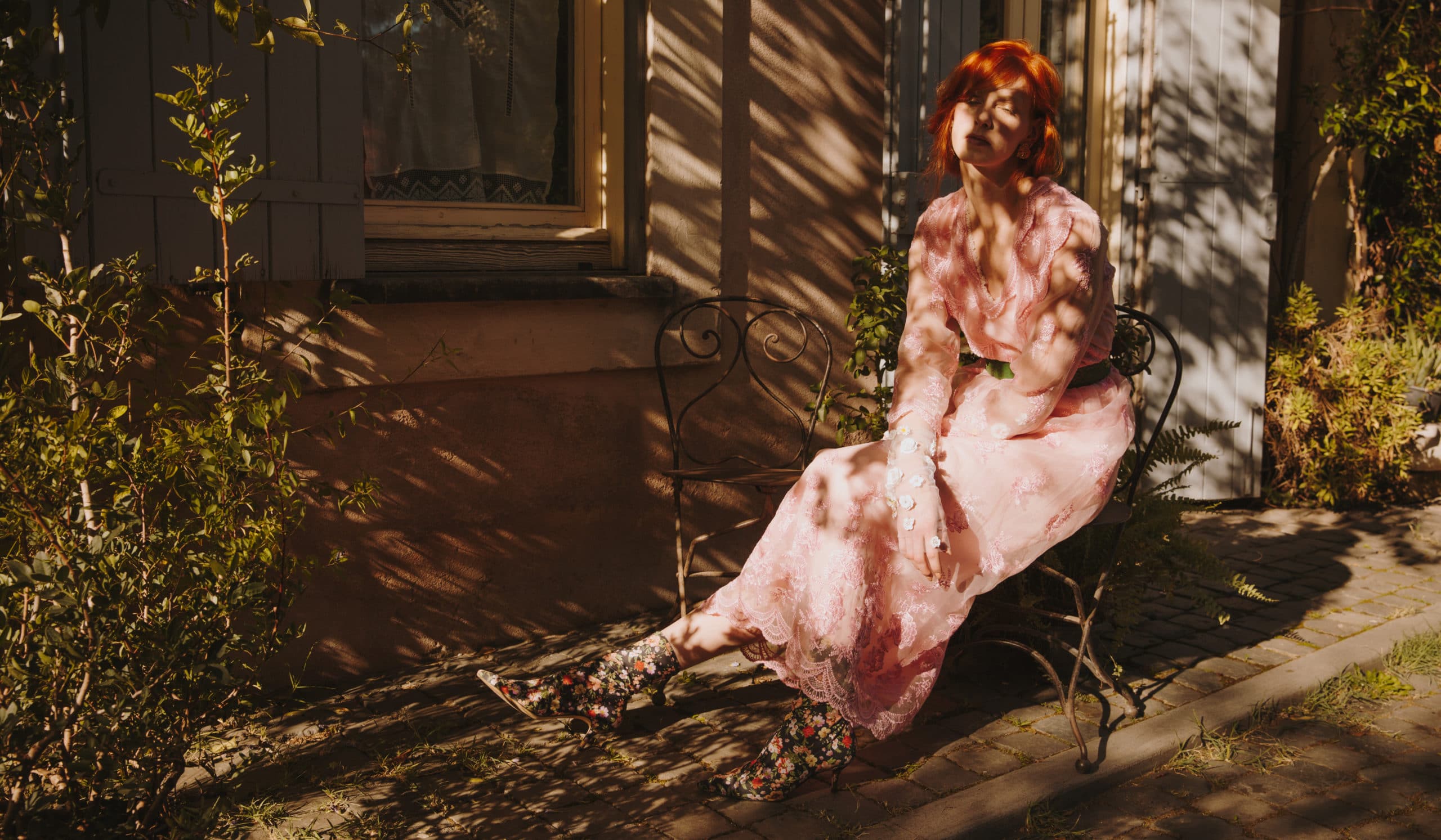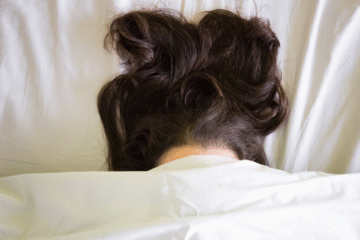Pourquoi passer à la coloration végétale ?
La silicone est-elle à bannir ?
La silicone est l’ennemi n°1 du cheveu et du cuir chevelu. En effet, tel un fond de teint, cette molécule masque tout. Elle va lisser le cheveu et le rendre brillant un certain laps de temps mais en fait, elle étouffe le cuir chevelu et le cheveu lui-même. La silicone ne nourrit pas les cheveux. À la longue le cheveu va se dénaturer et tomber car la silicone agit comme une drogue pour le cheveu. Plus on en utilise, plus le cheveu en réclame pour paraître beau. C’est un véritable cercle vicieux dont il est parfois difficile de se sortir.
Si vous avez l’habitude d’utiliser des produits siliconés, sachez qu’il va falloir laisser le temps à votre chevelure pour se désintoxiquer avant de retrouver sa brillance naturelle. Avec les produits naturels, vos cheveux seront nourris et traités en profondeur et non pas seulement en surface.
A noter : En réalité on dit « la silicone » mais il existe deux types de silicone mais aucune n’est bonne pour les cheveux.
Pour aller plus loin...
La vérité sur les silicones
On entend beaucoup de choses sur les silicones. Ce sont des ingrédients controversés qui sont à bannir pour certains et qui ne présentent pas de
Les paraben, qu’en penser ?
Si il est facile de repérer et d’éviter les silicones et les sulfates, il n’en va pas de même pour les paraben. En effet, les paraben sont bien souvent remplacés par des conservateurs bien pires mais cela est fait pour convenir aux consommateurs qui chassent les paraben sur les étiquettes. Il est bon, cependant, d’être un peu plus mesuré car un produit qui ne contient pas de conservateur ne se garde pas et doit être consommé rapidement après ouverture.
Les soins quotidiens qu’il faut utiliser
Christophe Nicolas Biot conseille d’utiliser des soins sans silicone, sans sulfate et sans paraben et d’opter pour des produits 100% naturels, et éventuellement certifiés bio.
L’essentiel est de privilégier des produits doux et non agressifs. Ainsi, les argiles sont intéressantes car elles ont de multiples propriétés et notamment celle de purifier le cuir chevelu et de l’assainir.
Et pour Christophe Nicolas Biot, s’il est important de décrypter les compositions il est aussi important de regarder les textures et les utilisations des produits que l’on va en faire au quotidien. Ainsi, il n’est pas favorable au shampoing solide qu’il trouve peu hygiénique. « On l’utilise une fois, puis on le laisse dans sa salle de bain et tout le monde y a accès. Les produits et les soins sont personnels et tout le monde ne doit pas mettre ses mains dessus. À transporter aussi, c’est compliqué. Je préfère les formats en poudre, qui permettent d’être emportés sans couler et qui sont dans un flacon nomade facilitant leur transport ».
Passer à la coloration végétale et apprendre à utiliser les produits naturels
Bien souvent, non seulement on n’utilise pas les bons produits, mais on les utilise mal. Ainsi, se faire un shampoing ne signifie pas frotter les cheveux et laver les cheveux. Il faut avant tout laver le cuir chevelu. L’étape shampoing doit rester un geste beauté pour oxygéner et détendre le cuir chevelu. C’est l’étape qui va faire retrouver une matière à la chevelure. Ainsi, un mauvais shampoing va détruire la couleur des cheveux colorés et son application répétée va abîmer la couleur et le cuir chevelu.
Pour avoir un cuir chevelu sain, Il faut le détoxifier et l’oxygéner avec des massages doux et en brossant chaque jour doucement ses cheveux. Il est important et indispensable d’utiliser une brosse douce avec des poils doux en soie ou une brosse en poils de sanglier.
Quand on se débarrasse de produits chimiques, il faut réapprendre à nourrir son cheveu. Il faut ainsi utiliser une crème pour nourrir le cheveu, comme on le fait pour son visage et son corps.
On peut utiliser un conditionner pour refermer les écailles et apporter de la souplesse, pourquoi pas à l’argile et au karité qui permettent d’apporter de la brillance. Pour terminer, on rince avec de l’eau fraîche pour refermer les écailles.






